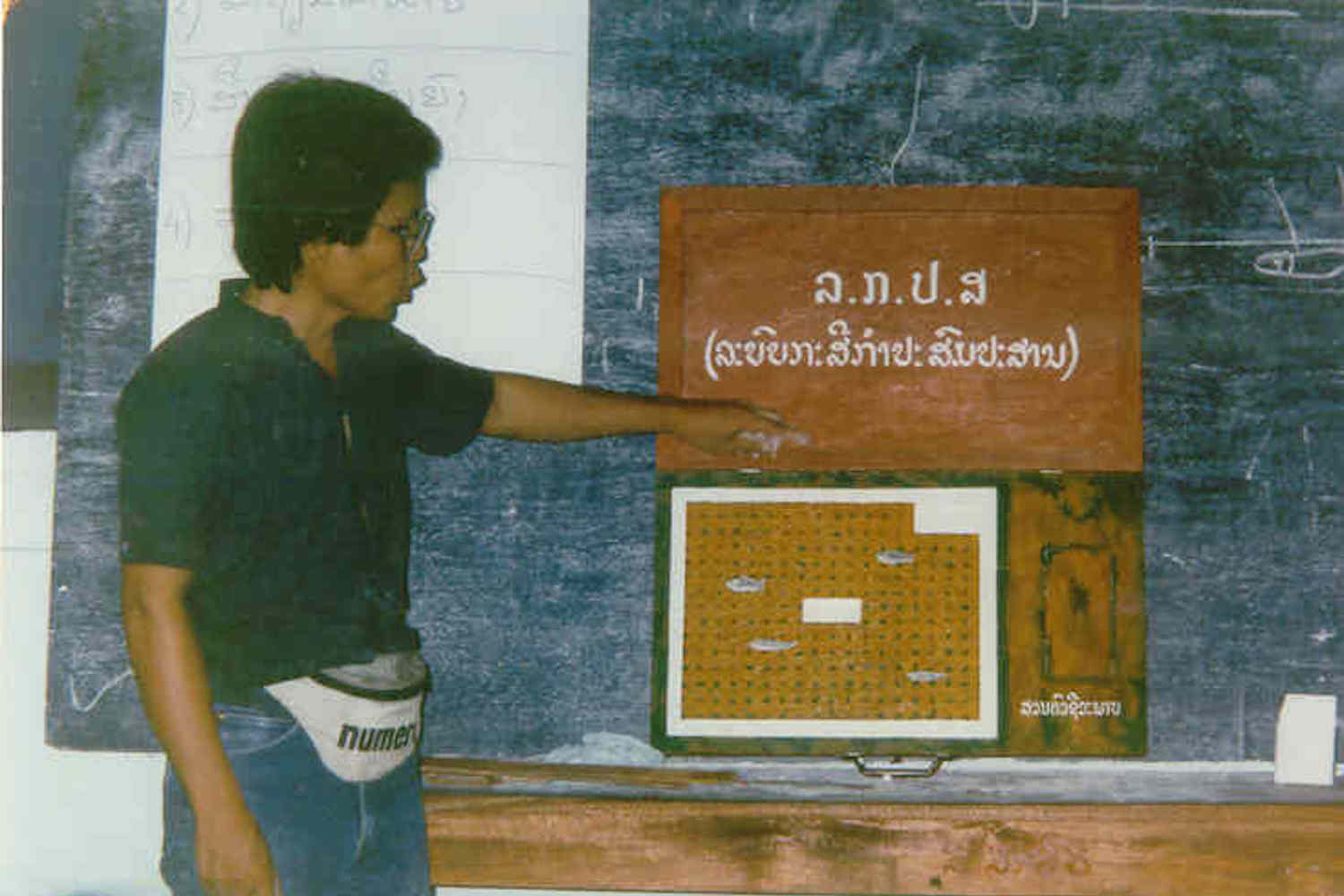The Nation: 13 February 2013
Supalak Ganjanakhundee
The Asean Intergovernmental Commission on Human Rights (AICHR), whose second set of commissioners were recently sworn in, should address the disappearance of Laotian social activist Sombath Somphone to show it is a relevant organisation with the teeth to promote and protect the basic rights of people in this region.
Magsaysay Award-winner Sombath went missing on December 15 while driving back home from his office in Vientiane. Closed-circuit TV footage shows him being stopped by police at a checkpoint before being led away by a group of unknown men in a pickup truck.
A week after the disappearance, Laotian authorities issued a statement that failed to explain the situation or to commit themselves to any action, and which only showed their intention to distance themselves from the case.
In mid-January, Laotian Ambassador to Geneva Yong Chanthalangsay told the United Nations Human Rights Council there was no new information, and repeated speculation that a personal or business conflict may have been behind Sombath’s abduction.
That’s the only action the authorities in Vientiane have taken so far. They have shown no further intention to investigate the case. The incident appears to be in danger of fading from public attention.
Authorities around the world, including officials from the United States, the European Union and the United Nations, have expressed concern over Sombath’s disappearance and have appealed to the government in Vientiane to pursue a transparent investigation and to do everything in its power to ensure his safe return.
Lawmakers from some Asean countries visited Vientiane last month but returned without a clear answer about his fate.
Civic groups, mostly in Thailand, along with international human-rights defenders and overseas Laotians, have held a series of events to call attention to the disappearance.
Singapore’s Foreign Ministry has provided consular assistance to Sombath’s wife, Ng Shui Meng, who is a Singaporean citizen. But many other Asean members, including close neighbour Thailand, have remained silent.
Perhaps it’s the nature of governments in Southeast Asia to ignore this type of incident. Forced disappearances happen from time to time in this region, as if it was a part of life. In countries like Indonesia, Laos, the Philippines and Thailand, state agencies have at times been involved in the disappearances of people they consider “disturbing persons” or “troublemakers”.
Authoritarian habits are deeply rooted in many countries in Southeast Asia, where officials, notably in security-related agencies, tend to see citizens who voice alternative views as enemies. Many unlawful actions have happened under the nose of irresponsible governments.
According to Asean’s human rights declaration unveiled last year, “Every person has the right to personal liberty and security. No person shall be subject to arbitrary arrest, search, detention, abduction or any other form of deprivation of liberty.”
The Asean human rights declaration was supposed to be enforced by the AICHR, whose second set of commissioners took office last month and will serve until 2015.
The first meeting of the AICHR’s new term finished on February 2 in Brunei with no solution to any cases of human-rights violations. The meeting gave priority mostly to bureaucratic tasks, such as publication of the recently announced Asean human rights declaration and translation of into the respective national languages.
Like many other Asean mechanisms, the AICHR concentrated on paperwork and diplomatic jargon, rather than the fate and wellbeing of ordinary people in member countries. None of the AICHR representatives, who include a member from Laos, voiced concern over Sombath’s case. They pretended as if nothing had happened.
What’s the point of having an Asean human rights commission if such human rights violations are ignored?
